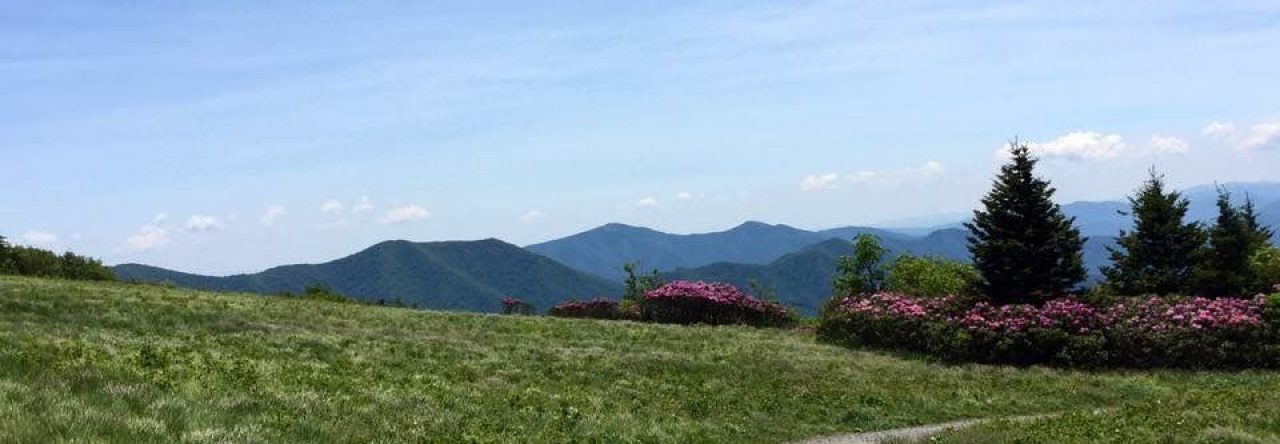I have always had inordinately strong opinions about the passage about Caradhras. In fact, it was changes made to this episode that made me shout “no!” when I went to see Peter Jackson’s Fellowship of the Rings in theaters.
I was familiar with other literature that gave a sense of autonomy to nature before I read LotR, and I was excited to see that Tolkien does the same throughout the text, even before getting to the fully autonomous Treebeard. As a child, I loved the idea that trees could have volition and emotions. Tolkien takes this wondrous idea and pushes it one step further in the Caradhras episode. As the snows on Caradhras foil the attempt of the Fellowship to pass over the mountain, this exchange occurs:
‘We cannot go further tonight,’ said Boromir. ‘Let those call it the wind who will; there are fell voices on the air; and these stones are aimed at us.’
‘I do call it the wind,’ said Aragorn. ‘But that does not make what you say untrue. There are many evil and unfriendly things in the world that have little love for those that go on two legs, and yet are not in league with Sauron, but have purposes of their own. Some have been in this world longer than he.’
‘Caradhras was called the Cruel, and had an ill name,’ said Gimli, ‘long years ago, when the rumor of Sauron had not been heard in these lands.’ (FOTR, II, iii, 289)
Here Boromir tries to attribute the malevolent weather to Sauron or one of his agent; however, but Aragorn and Gimli are quick to halt this impulse and clarify that there are other forces at play in the world. Gimli goes so far as to specify that the will is probably that of Caradhras himself.

I cannot emphasize this enough: this passage changed my worldview the first time I read it. To ascribe volition to not just plants, but to all of nature, to the very earth itself! This was a truly awe-inspiring thought for me. I remember walking around for days thinking about the ramifications of this idea. What does it mean to till an earth that could feel the cuts? What does it mean to dynamite a mountain that can fight back? To this day, I occasionally ponder this “what if” question when I consider my lifestyle.
Let me be clear, I did not instantly change and become an eco-warrior or any of the other clichés, but this passage made me think about how I affected the soil, the rock, and the foundations of our planet for the very first time. I had already learned about trees and had Arbor Day plantings and such, but this was so much more inclusive than those lessons. If you can impact the ground, then make an influence on the world in every second of every day.
Imagine watching Peter Jackson’s movie after that. Jackson ascribes the wind to Saruman! Doing so completely changes Tolkien’s entire conception. It flattens all of nature, except Ents/Huorns, to mere things with no will or agency. This was by far the biggest disappointment for me leaving the theater.


Whilst I love the films, I do agree with you completely about the ‘personification’ of Caradhras. I have always loved that it was Caradhras, and none other, that ‘had defeated [the Fellowship].’
And whilst I can understand the artistic desire to omit that for a film adaptation (personally, I don’t see a movie-going audience having much of a problem with such a concept), I regretted the loss.
LikeLiked by 1 person